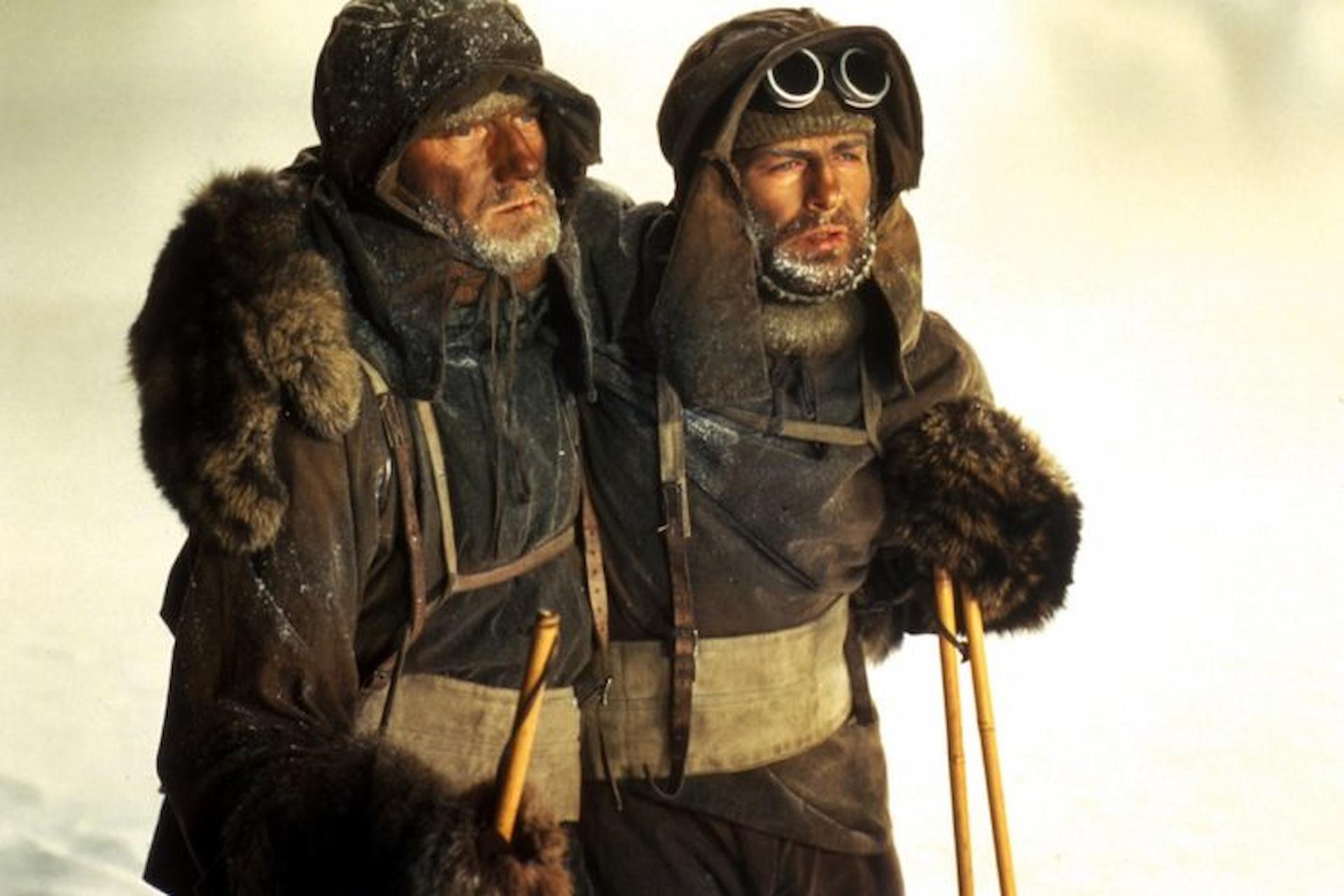
With a name like Robert Falcon Scott it’s little wonder that the man decided to be an explorer. It’s quite a hard name and when you are born at the fag end of the British empire you feel he thought that he had to do something extra special with a name like that. He was probably the kind of man who said, “Come on chaps, just a few more miles and we’ll have this frostbite beaten!” to which the others probably sighed and went, “what a guy…”. So, sat in their tent on the Ross Ice shelf, freezing as they were it might have been the time for Scott to turn to Cheltenham man Edward Wilson and ask him “do you know any good Boiler Installation Gloucester or Cheltenham chaps who could sort us out with bit of warmth Ed?” “No ‘fraid not old man. Where’s Captain Oates off too?” If they had been able to get the internet, then a quick visit to might have helped.
Perhaps Scott then sat back and reflected how he had ended up here. One thing is for sure, he wouldn’t have cracked that quip at Wilson. He was a very solid and dour man more given to giving out orders that had to be made rather than befriending his men, not that they did not have respect or he theirs. Ernest Shackleton was the more charismatic of the two which is why Scott made him the entertainments manager when their ship was stuck the ice for months. As we shall see Scott was a very good dramatic writer even when the chips were down and despite historical criticism his stature as a great Briton still stands up today.
Scott was a navy man through and through. Starting out from a well todo family Scott’s ambition was to always follow the naval path. Though he family fell on hard times he was able to graduate from Dartmouth and take up a commission. As with anything in life a chance meeting sparked his interest in polar exploration and he registered desire to go. He was selected to lead the expedition and as a result so began his love of the South Pole and the way it was tied into his life for the remainder of it.
Scott was able to get within walking distance of the pole but was forced back. There he was accompanied by Edward Wilson and Ernest Shackleton, who was to become his rival after they retuned and to two competed to be the first for many years. On his second attempt they were both beaten by the Norwegian Amundsen by but a few days. Scott attempted to return only to have his instructions ignored, and then branded a bumbler by historians at the end of the 20th Century. He remained eloquent and a stirring writer. Wanting to leave a good impression of all his crew and not to paint a black picture he wrote “We took risks, we knew we took them; things have come out against us, and therefore we have no cause for complaint, but bow to the will of Providence, determined still to do our best to the last…”. Farewell and Godspeed brave Sir.